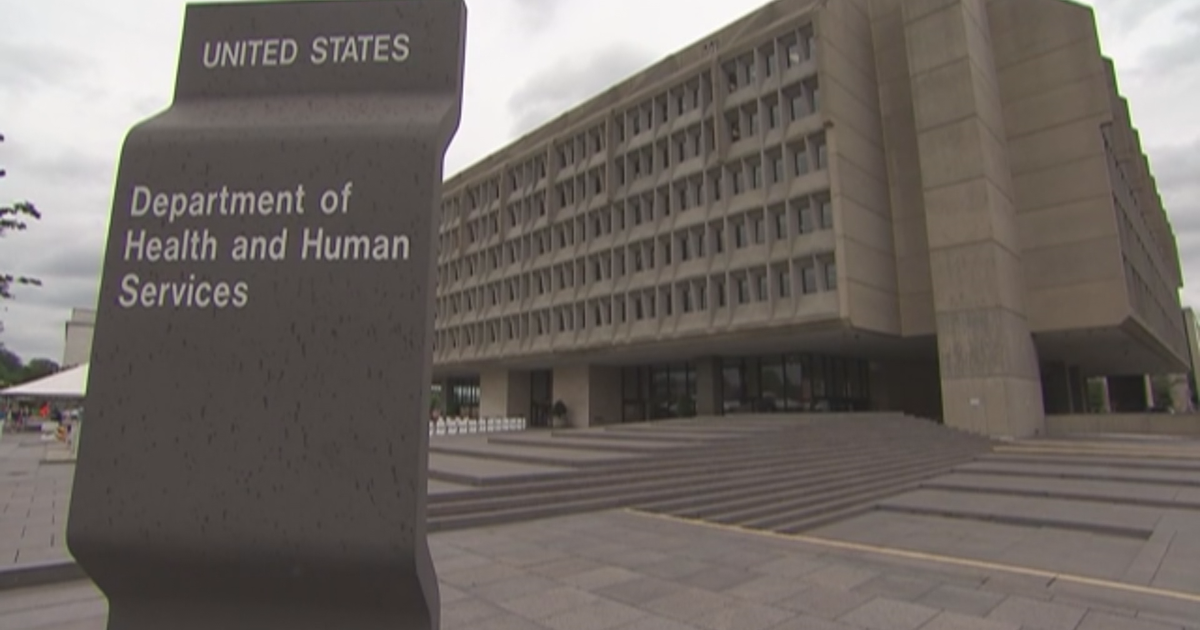Binge drinking among older Americans is on the rise, new study finds
A new study estimates more than one in 10 older Americans binge drink. That's an increase from the previous decade. The study, out this morning from the Journal of the American Geriatrics Society, determined binge drinkers 65 and older were more likely to be men; they're also more likely to use tobacco or cannabis.
Binge drinking is defined as five or more drinks at a time for men, and four or more drinks at a time for women. Researchers say the habit can be more dangerous for older people, putting them at risk for a range of health problems.
One of the findings of the study is that an estimated 70 percent of all hospitalized older persons, and up to 50% of nursing home residents, have alcohol-related problems in general.
"When we think about binge drinking, the image we usually think about is younger adults or college students, but this is in fact a growing trend in older Americans," said Dr. Tara Narula on "CBS This Morning" Wednesday. "It's been under-reported in both the scientific literature and in the media, but the problem is that the alcohol has a very strong effect on people who are older. They're more vulnerable to the health problems than even a younger population.
"Currently around 10.6% of older Americans are binge drinkers. In the previous decade, it was anywhere from 7% to 9%. So, that number is growing. Also growing: just general increase in alcohol use and any sort of harmful alcohol use."
Co-host Anthony Mason asked, "Is it more dangerous for older Americans?"
"It can be," Dr. Narula replied. "There are a couple of reasons why. They are more sensitive to the alcohol, so they're at a higher risk of getting impaired at the same level that might not impair somebody who's younger. Many of them have chronic health problems. In fact, in this series, 24% of them had [conditions] like diabetes, hypertension, or cardiovascular disease. So [binge drinking] can exacerbate those. It can allow them to develop new problems, like pancreatitis or gastritis or certain cancers.
"Many of them are on prescription medication that might interfere. Also, it increases the risk of injury or accidents and falls in people who already may have issues with balance or coordination or reflexes."
When asked about guidelines for binge drinking for older Americans, Dr. Narula said, "Really no American who is older should be drinking more than three drinks a day. If you have some sort of chronic disease or on prescription meds, you should speak to your doctor and they may recommend something even lower. Low-risk drinking is less that two drinks a day for a man, or one drink a day for a woman.
"It's really important that doctors screen for this and also educate about it. A lot of these people may be at home drinking alone. Nobody really knows what's going on. The problems may be attributed to, 'Oh, they're getting older, that's why they're confused and falling.' It can be a little silent unless we actually look for it."
The study noted that for the metabolism of a person who is 65 years or older, drinking two or three beers at that age has the same effect as seven or eight beers on someone at age 20. "They're exquisitely sensitive to it," said Dr. Narula.
Mason asked, "What do you do if you have a loved one who's doing this? How do you deal with this?"
"I think a lot of people tend to shy away from it or avoid it; they don't know how to deal with it," said Dr. Narula. "I think it's important to be compassionate, loving and respectful to these older Americans you may feel have a problem, but also you want to be proactive. You want to address it, because early intervention is really essential.
"One of the things that can be helpful is seeking advice from a professional who can guide you as to what type of treatment they should be getting, and interestingly how to approach them. Should it be a doctor that approaches them? Maybe a friend might be better or a family member.
"All of the recommendations really say, don't use the world alcoholic; don't talk to them while they may be intoxicated. You wait 'til they're sober. Be patient, be direct with them. You don't want to treat them like a child. You want to treat them like an adult, with respect, when you approach them."





